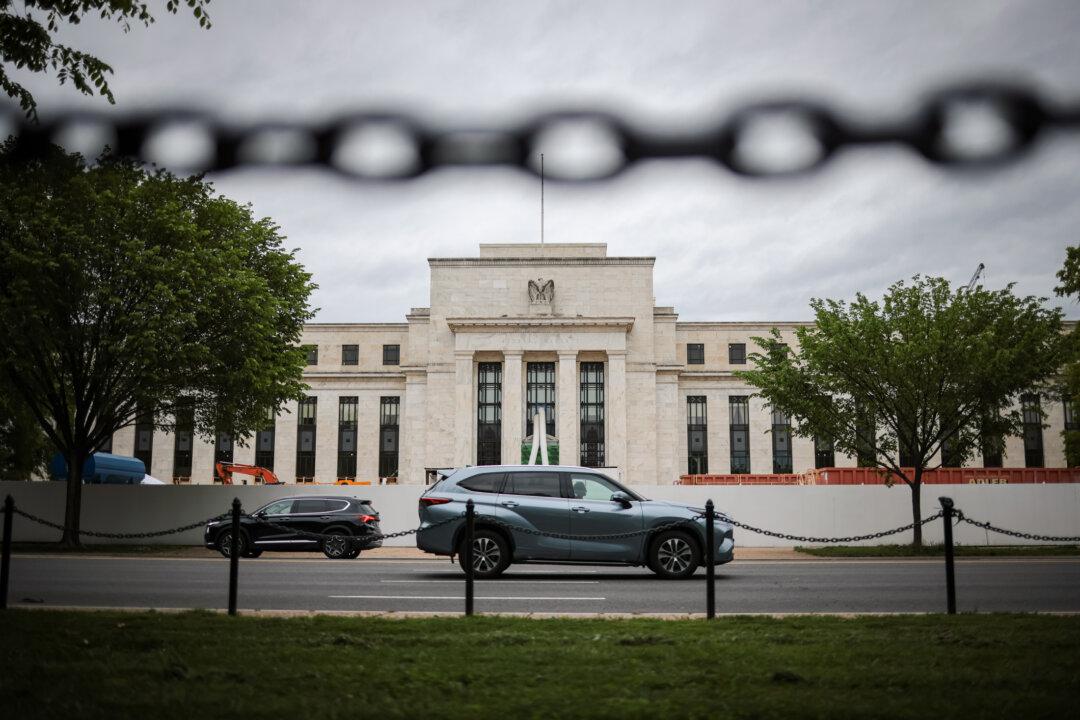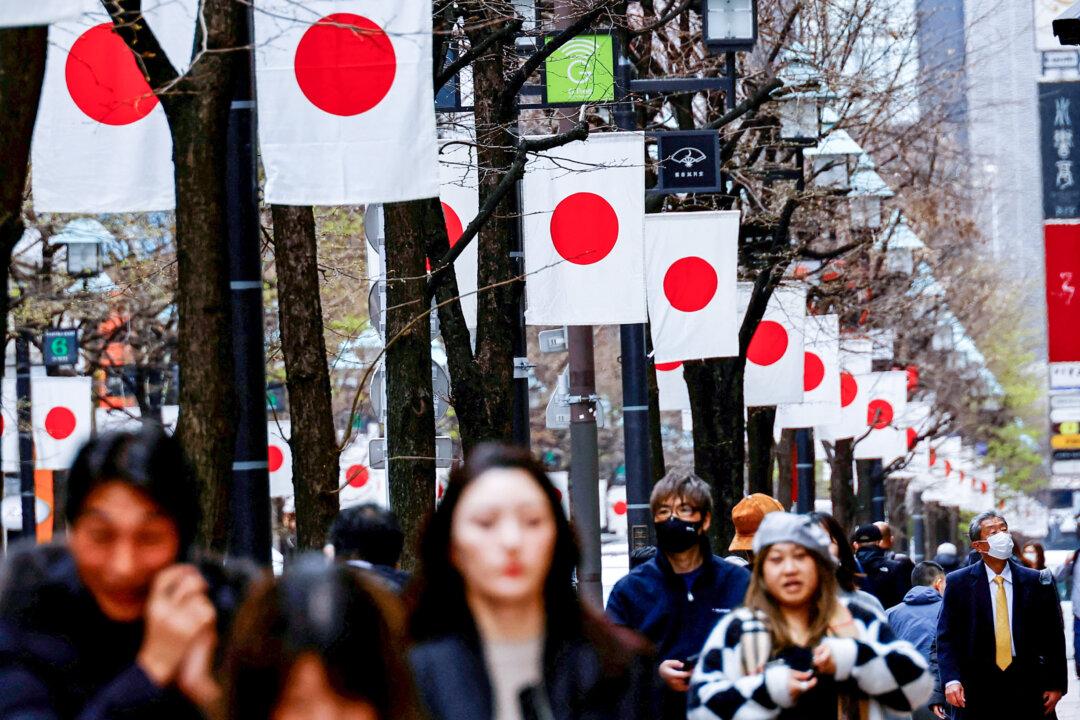Commentary
While the market is anticipating and central banks are planning to slow down the pace of monetary tightening, there are signs of inflation rebounding in Australia and the U.S. (the core month-over-month inflation accelerated recently). Japan is the only advanced economy doing nothing in the face of such a trend. Japan’s inflation change over the past two years was not small: it moved from -1.2 percent at the end-2020 to +4.0 percent at the end-2022—a more than five percent increase broadly comparable to the rest of the G6.





